El Camino: An Open Response to BBC Culture and Hugh Montgomery
“Did we need more Breaking Bad?”
That is the question you, Hugh Montgomery, a freelance journalist, opened with in your review of El Camino: A Breaking Bad Movie, the latest product in the ever growing Breaking Bad universe, following Jesse Pinkman’s escape directly after the series finale.
For many this was the long awaited sequel to their favorite series and closure for loose end many wanted tightened. For Montgomery it was nothing more than an easy paycheck for a character and creator who have absolutely nothing to work with to paraphrase your words.
And yet, despite originally agreeing with you, I had a change of heart in the final act of the film. I saw no easy paycheck nor empty endeavor as the credits rolled on Jesse Pinkman’s story. I did not see the tarnishing of the legacy literally blown up by Cranston’s Walter White. El Camino is a story about one man’s final attempt to make things right, not with his world or ours, but with himself. I dare even say, Mr. Montgomery, that your entire argument is wrong or, at the very least, misguided.
Like all Americans and journalists I stand by your right as a person to have an opinion. You do not have to like this movie. No amount of arguing, which I’m sure you can do better than me, should force you to change your mind. However I would like to offer a second look at your points about the film and television as a whole and show you where I think you came off as bitter, overly pessimistic and lacking a basic understanding of why the movie is worth any current or past fan’s time.
To start you posed a simple question, Did we need more Breaking Bad? While the answer is open for interpretation your own answer and mini retrospective on the series is not a good one. You argue that show creator Vince Gilligan’s work has become something more akin to a fever dream than a drama. You question why as an audience we were drawn to White and Pinkman’s antics and rouge chemistry. To answer your rhetorical question with a cliche, I ask you, Mr. Montgomery, Why do we watch TV at all? The acting? Writing? Story? Cinematography? Directing? Really it’s all of the above and more for any show. Especially this one which has simple yet complex characters, smooth and deep dialogue, an easily digestible yet interesting story, shots that could almost pass as paintings in any museum, and a direction that always kept audiences guessing but never felt over the top no matter how many times the plot frankly did go over the top.
You claimed to have revisited some old episodes before writing your piece. I’ll give you the benefit of the doubt and say you didn’t watch the groundbreaking episodes that stick in the hearts of fans to this day. Might I suggest the amazing pilot for good story structure and writing, the season 2 episodes Phoenix and finale ABQ for the best acting and character growth or in Walt’s case degeneration, the season 4 episode Shotgun for beautiful shots and montages, and of course the last 2 episodes of season 4, Half Measures and Full Measures for some great directing. Perhaps a look at the best would give you a better idea of why people stayed than a look at random.
Your next argument about the series as a whole was about how the show, and by extension the film, was of a bygone era where antiheros reigned and moral questioning was worth the ratings it got. And while this idea is worth a conversation you seemed to have built a strawmanned argument that was put in to make your story longer rather than to open a dialogue. But I’ll take the bait and play devil’s advocate for you. After over a decade since the pilot aired on AMC you claim the TV Zeitgeist has moved on from the antihero drama, to the antiheroine and comedy drama hybrids. And while I am nowhere near against the small amount of Hollywood diversity emerging I must say separating antiheroine from antihero eras seems like separating tomatoes from slightly redder tomatoes. The same can be said for your argument separating the style of Breaking Bad from the comedy drama hybrids of today. While Breaking Bad is definitely a drama with comedy aspects you cannot say it’s not impressive that a character like Badger or Jesse’s attempts to climb the fence and get in the Winnebego is in the same show as a character like Gus Fring or moments where children are gunned down in broad daylight. One could even make the argument that many of these new shows pull influence, either directly or indirectly, from the show building off themes and ideas that worked before like Breaking Bad did with films and TV shows before it. And if everyone is trying to be the next Breaking Bad is the show really as bygone as your article makes it out to be?
Over the course of this response I’ve covered more about the concept and show of Breaking Bad as a whole rather than the film El Camino. However you, Mr. Montgomery, do so in your article until about the halfway mark as well so we’re even. But now I’d like to get more into your actual criticism of the film. And once again you’ve sent another softball my way. The question you pose was simple and again worthy of a serious conversation sadly left for another time, Where exactly could a sequel go? You posed a simple answer, Skyler had the more interesting ending and was worthy of a sequel redeeming her and giving a better ending than she had in the series. What is required to respond to this is a little more complex. To start with I am sorry I have to say this to you and many people who dislike The Last Jedi but nobody cares that your fanfiction sequel isn’t canon. Gilligan has always had a soft spot for Jesse, who has come a long way from a throwaway character set to die at the end of season 1 and his story was the one Gilligan wanted to, or at least chose to tell. And he gave it his all even through the slow and uneventful first act.
Second, as you stated in your article, fans do not like Skyler White. Do you think a pitch about one of the most unliked characters in the series would’ve gotten past the studio executives funding this film? Would as many people buy a Netflix account or wait in line at theaters to see what Skyler and Walter Jr. did after Walt’s death? Does Gilligan care what happened to them? He cared about Jesse enough to write a whole movie ending the story. Would he have written a more complete movie about a character he didn’t even give enough thought to cameo in Elm Camino? After the backlash against her does Anna Gunn want to be Skyler again? For a good movie to be made a writer and cast have to be passionate about the project they’re working on and Paul and Gilligan cared about Jesse enough to tell this story.
But most importantly I fear this argument, and the article as a whole, misses the basic point of the film. El Camino is not about redemption to anyone but oneself. Skyler couldn’t make peace with what she had done. Marie couldn’t make peace with what she had done. Jesse couldn’t make peace with the world but he could with himself.
And therein lies the smoking gun. The scenes you had to intentionally leave out of your story to give your argument any weight. Throughout the film there are flashbacks to scenes that weren’t in the original show. The middle ones with Todd are important plot wise but not theme wise. However the first flashback with Mike, and the two final ones with Walter and Jane are the height of Gilligan writing and have the biggest impact on the film.
Before his death in Breaking Bad Mike told Jesse that he needed to get away casually mentioning Alaska as a good place to start over. The scene ends with Mike stressing that no matter how hard he tried Jesse couldn’t make things right with the world.
“Sorry kid, [Putting things right is] the one thing you can never do.”
In the final act Jesse flashbacks to a moment he and Walt sat at a diner following the events directly after 4 Days Out where Walt and Jesse were stuck in the wild after their RV battery died. Walt thanks Jesse for helping him cook and save his family from financial ruin saying,
“You didn’t have to wait your whole life to do something special.”
Following that scene we see Jesse ending his story with brilliant words sending off Robert Forester in an unintentional yet beautiful way. The film ends in a past conversation with Jesse and Jane. After mentioning one of Jane’s past comments she tells him,
“I’ve gone where the universe takes me my whole life. It’s better to make those decisions for yourself.”
And therein lies the point. This film is not more Breaking Bad for the sake of more Breaking Bad. It is the story of a man forgiving himself and letting go of everything that has weighed him down not only in the past few years but his entire life. Jesse has blown wherever the universe took him and it led to a collision course with Walter White. Once he was liberated from everything and made a decision to leave the abuse of Walt, of drugs of Albuquerque he could finally find peace within and forgive himself.
That not only makes Jesse a good character but a true antihero that could stand against even the most jaded characters from the era his show was born in. Jesse is not a dark character going through the motions. He is a better Walter White than Walter White ever was. White had to become Heisenberg. Jesse stayed himself.
And that’s the true rub: you, Hugh Montgomery, did not see the beauty for the fatigue. While cinemas are full of superheroes, princesses and prophecies of a true hero you chose to attack one that says be different. You were blinded by your own hype, by the stereotype that all easy money in Hollywood yields bad products, and by a complete lack of understanding of the film you had watched.
El Camino is more than a sequel, more than 2 episodes stitched together, and more than a paycheck. If you still disagree then next time perhaps bring some better arguments to the table.
El Camino is on Netflix now.

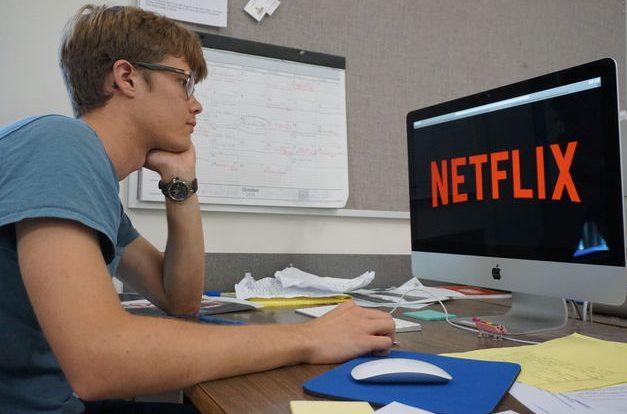

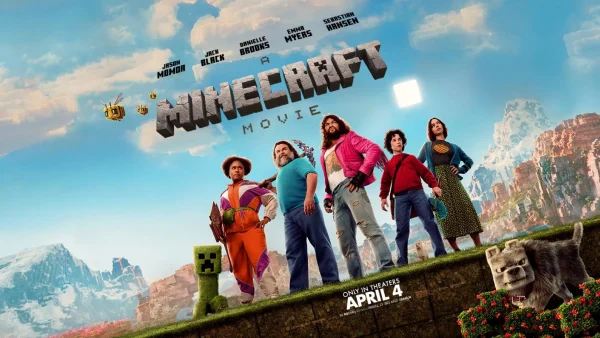
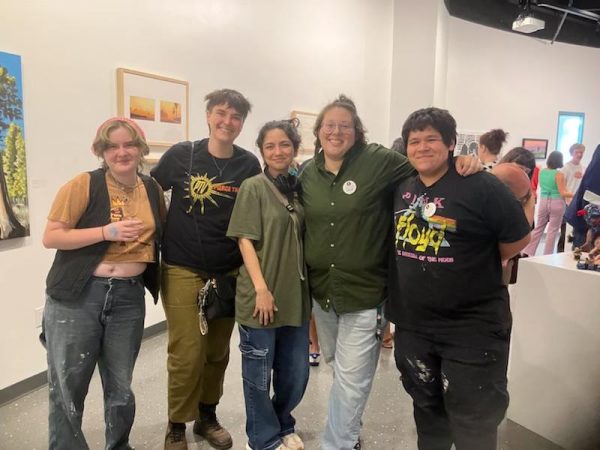

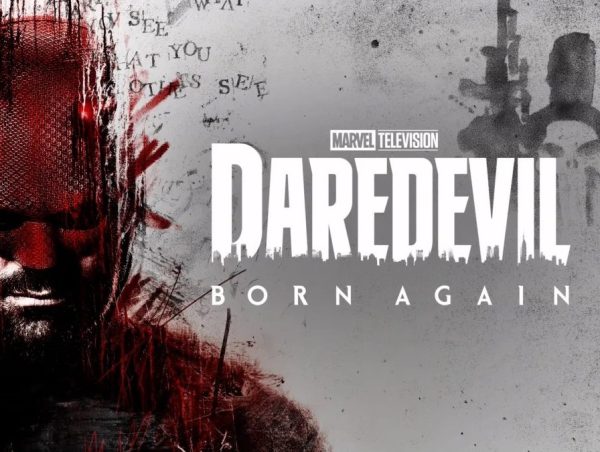
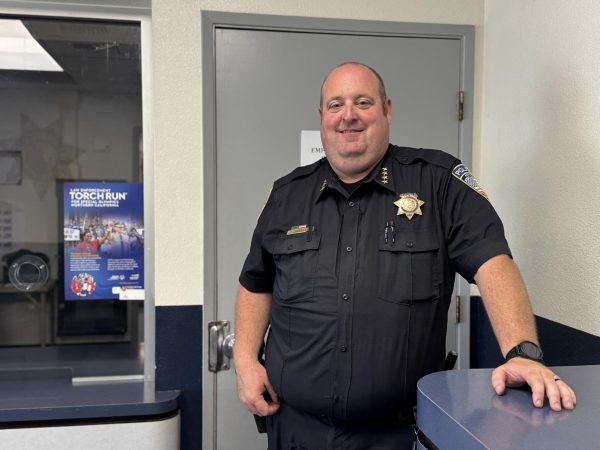
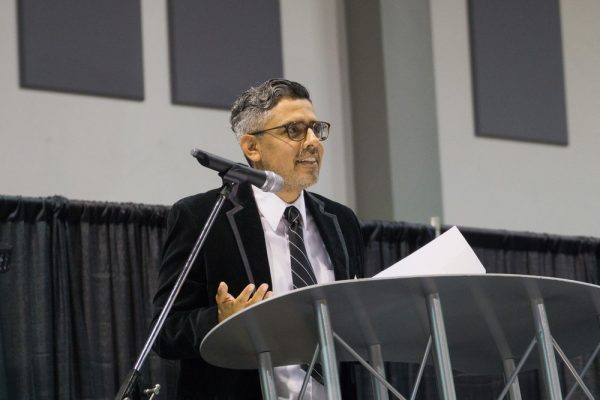
Peter Sheldrick • Nov 16, 2019 at 3:39 PM
Beautiful rebuttal— Montgomery simply missed the point of the series and the film. His own gender-politics also seemed to feed his salty and pretentious review.